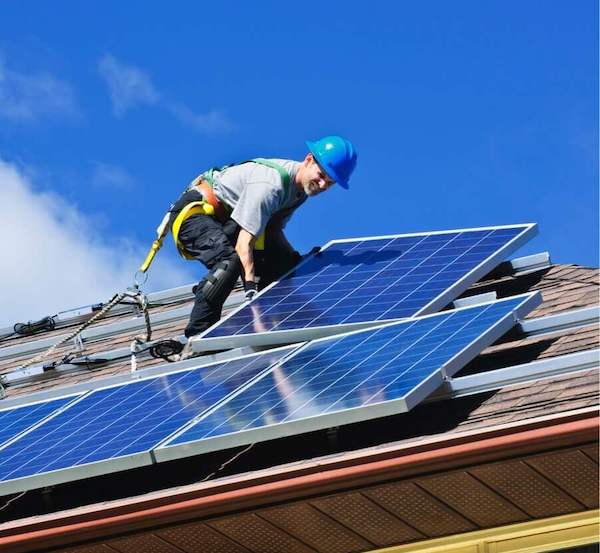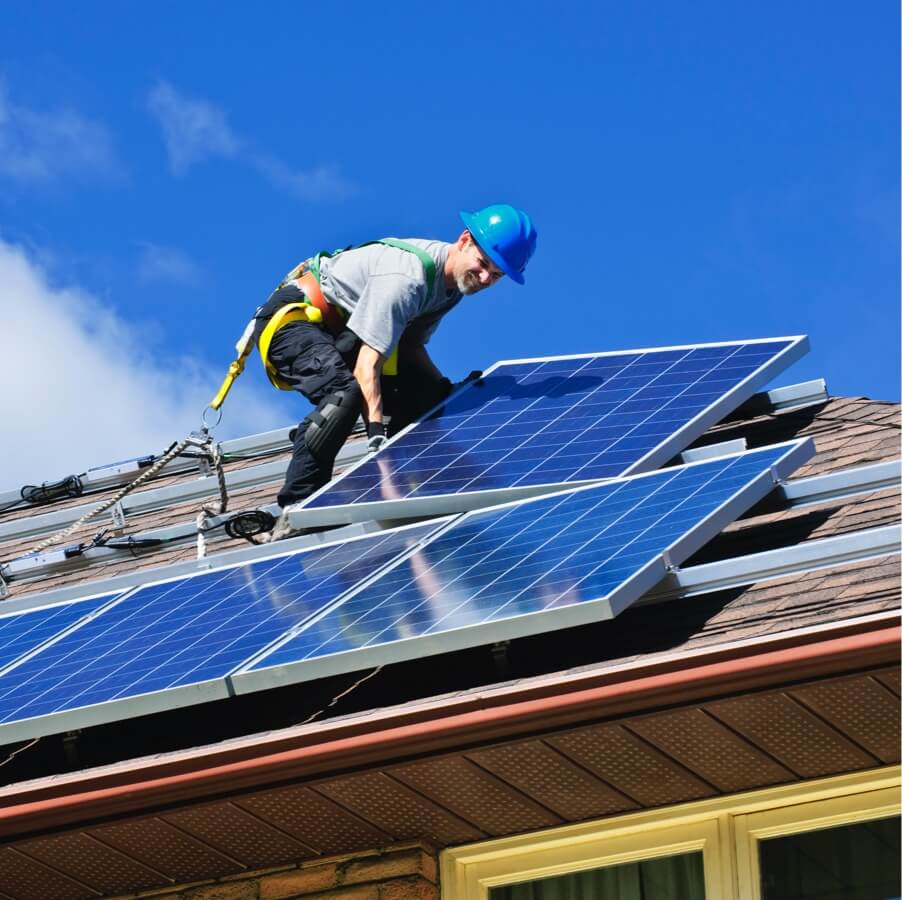Interesting Facts About North Carolina
North Carolina, also known as the Tar Heel State, has seen a population growth of 9.50% since 2010. As of 2020, the total population was 10,439,388. You might be surprised to find out that 69.5% of the people in North Carolina own their homes. This means that of the 10,439,388 people in North Carolina, 69.5% are potentially elligible to install solar panels at their home. Click here to find out if you're elligible for solar panels. Famous for being the home of Virginia Dare, the first English child born in America, on Roanoake Island in 1587, it should come as no surprise that the state motto is "Esse quam videri (To be rather than to seem)".
North Carolina has a total area of 48,617.91 square miles of which 48,617.91 square miles is land. The average elevation in North Carolina is 700 feet with the highest point being Mt. Mitchell at an elevation of 6,684 feet. The lowest point in North Carolina is Atlantic Ocean. This type of landscape is generally advantageous for solar panels.







